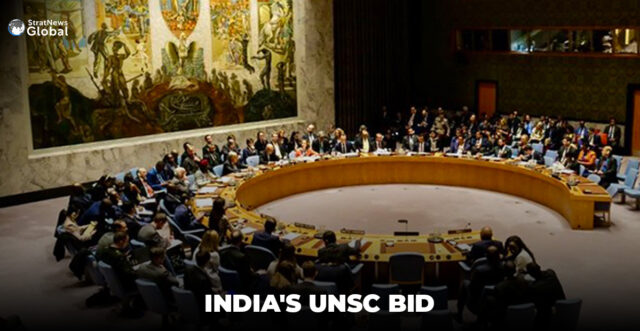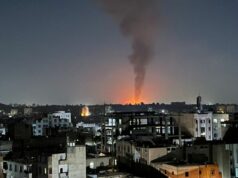Kuwait’s Permanent Representative to the United Nations and Co-Chair of the Intergovernmental Negotiations (IGN), Tareq Albanai, has backed India’s aim to become a permanent member of the United Nations Security Council (UNSC).
According to a report by the news agency ANI, he called India a “main player on the world stage”.
On being asked what needs to be ensured that reform of UNSC takes place, Albanai was quoted as saying by ANI, “I had the pleasure last year, as I did this with my distinguished co-chair, Axel Marchik, to actually visit India and have a conversation there at the highest level. And the goal of this reformed council must be representative, and obviously, India is a main player on the world stage today. But, it is a membership of 193 countries, right?”
“And the consideration is representative for everybody and the whole membership of the United Nations. So, surely, if the decision is made that the expansion of the council goes anywhere from 21 to 27 members, then surely India will be a contender in that and will be subject to the decision of the wider membership,” he said.
France Supports India’s Bid
The French Embassy in India on April 1 said France assumed the monthly presidency of the United Nations’ Security Council, and it aims to give India a permanent seat in the body.
“Today, France assumes the monthly presidency of @UN Security Council. It will steer key discussions on global peace and security with a focus on humanitarian impacts,” the French Embassy in India wrote on X.
“To reflect today’s world, France reiterates the need for a #UNSC reform that also gives India a permanent seat,” it said.
UNSC
UNSC is comprised of five permanent members and 10 non-permanent members at present.
The non-permanent members are elected for a term of two years by the UN General Assembly.
The five permanent members of the body are the USA, the UK, China, France and Russia.
They have the power to veto any major resolution.
The UK and France have already voiced their support for India to become a permanent member of the UNSC.
(With inputs from IBNS)





